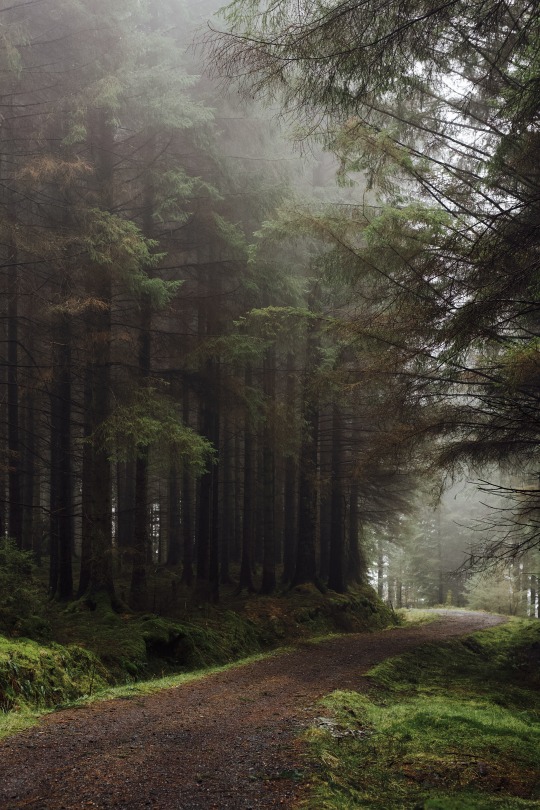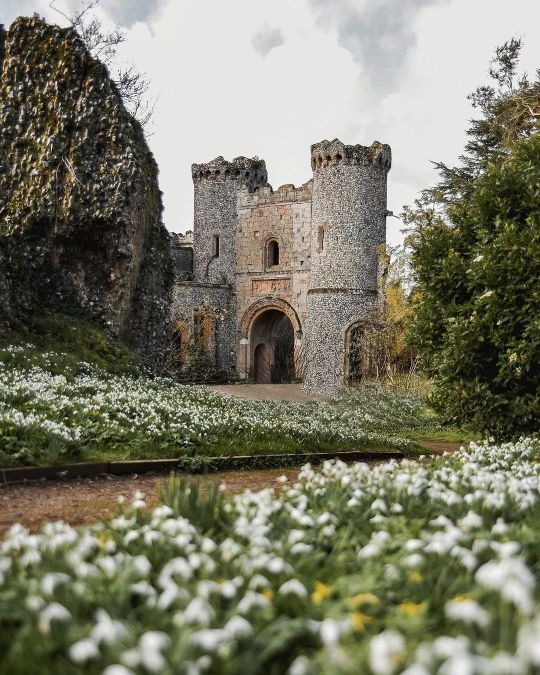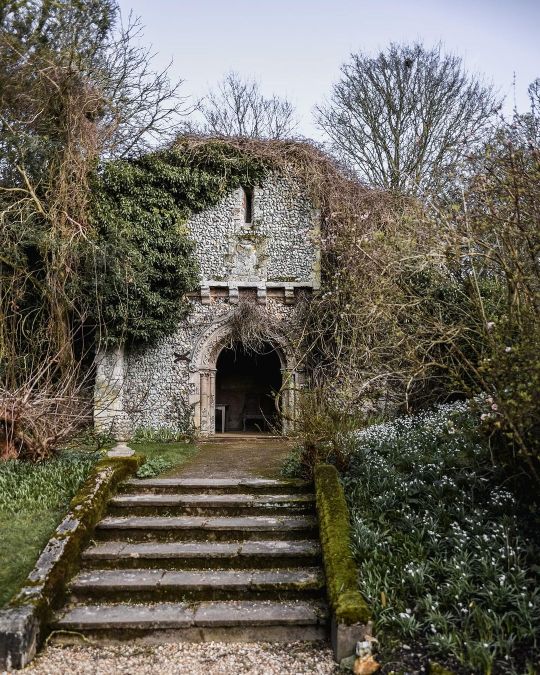INFP-T ☆ Anxiety, art, caffeine, memes and toads make up most of my personality at this point ☆
Don't wanna be here? Send us removal request.
Photo
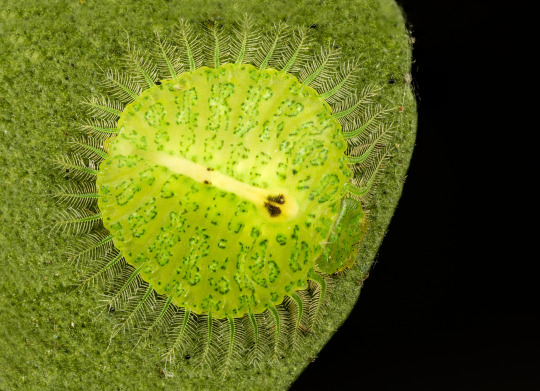
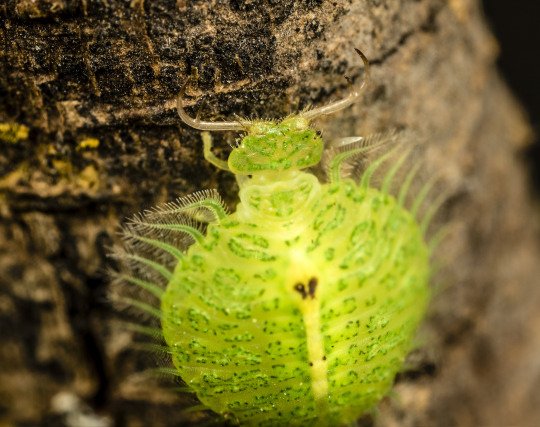
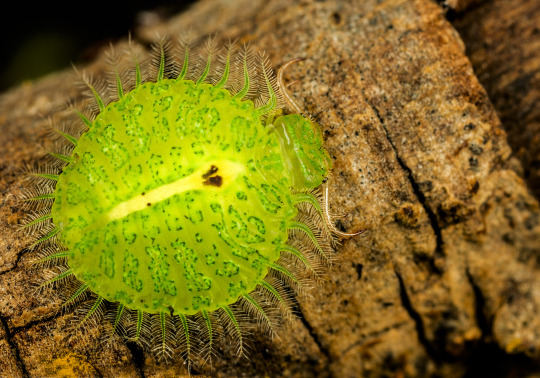
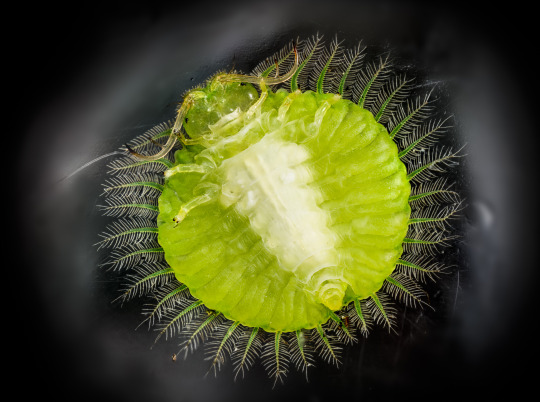
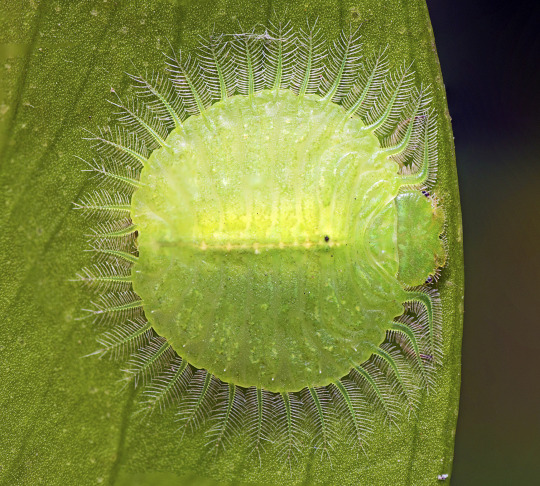
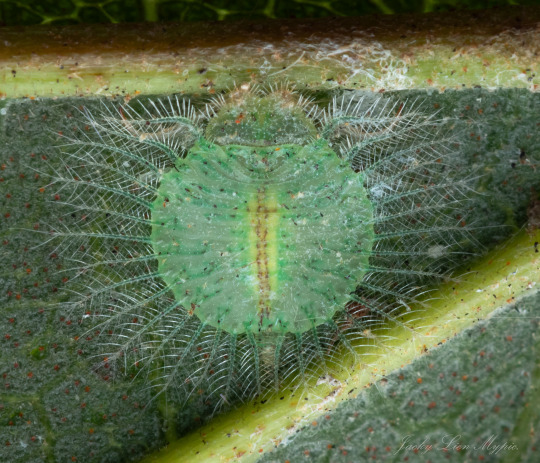
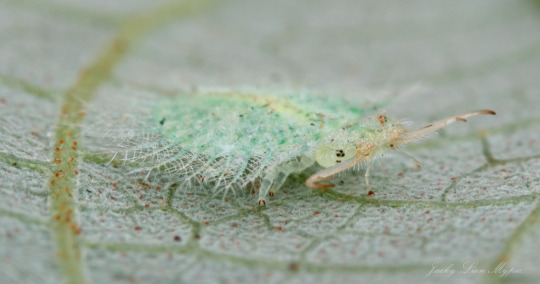
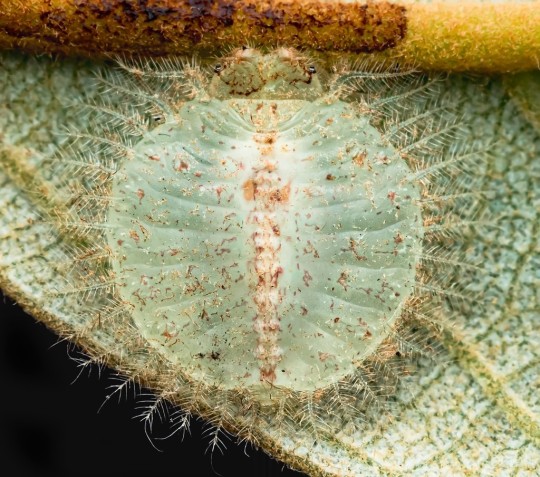
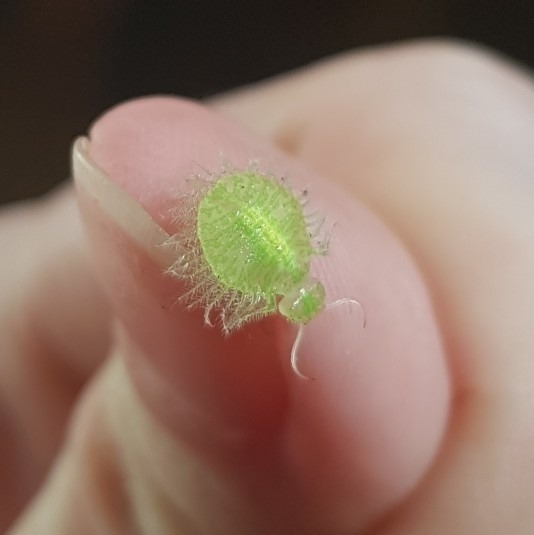

Spill-footed lacewing larvae, Myiodactylinae, Nymphidae, Neuroptera (related to owlflies and antlions)
Found in Australia
Adult in the same subfamily:
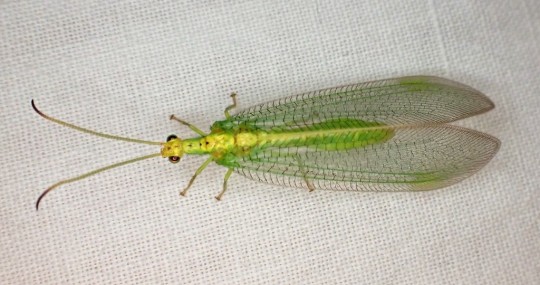
Photos 1-4 by normfarmerimages, 5 by tjeales, 6-8 by doggy48, 9-10 by sofiazed1, and 11 (adult) bystreglystendec
6K notes
·
View notes
Text
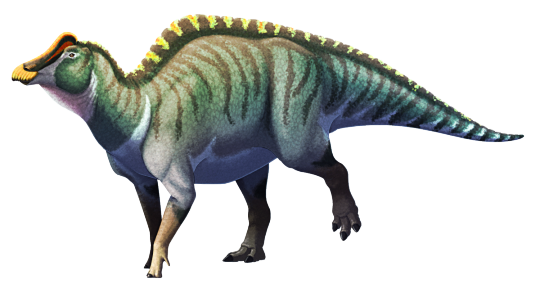
For a long time there were no hadrosaurid fossils known from Africa.
This seemed to mainly be due to the limits of the geography of their time. Hadrosaurs evolved and flourished during the late Cretaceous, when Africa was isolated from all the other continents, and they didn't seem to have ever found their way across the oceanic barriers.
…Until in 2021 a small hadrosaur was discovered in Morocco, a close relative of several European species, showing that some of these dinosaurs did reach northwest Africa just before the end of the Cretaceous - and with no land bridges or nearby island chains to hop along, they must have arrived from Europe via swimming, floating, or rafting directly across several hundred kilometers of deep water.
And now another hadrosaur has just been described from the same time and place.
Minqaria bata lived in Morocco at the very end of the Cretaceous, about 67 million years ago. Only known from a partial skull, its full appearance and body size is unknown, but it probably measured around 3.5m long (~11'6") – slightly larger than its previously discovered relative, but still very small for a hadrosaur. It might represent a case of insular dwarfism, since at the time Morocco may have been an island isolated from the rest of northwest Africa.
Along with its close relative Ajnabia, and at least one other currently-unnamed larger hadrosaur species, Minqaria seems to be part of a rapid diversification of hadrosaurs following their arrival in Morocco, adapting into new ecological niches in their new habitat where the only other herbivorous dinosaur competition was titanosaurian sauropods, and the only large predators were abelisaurs.
If the K-Pg mass extinction hadn't happened just a million years later, who knows what sort of weird African hadrosaurs we could have ended up with?
———
NixIllustration.com | Tumblr | Patreon
453 notes
·
View notes
Text

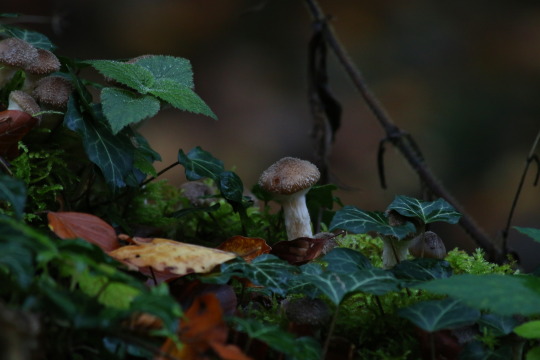
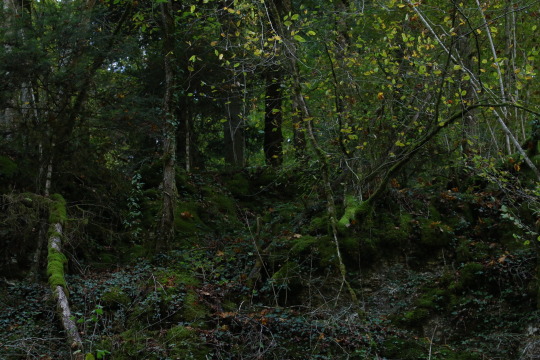
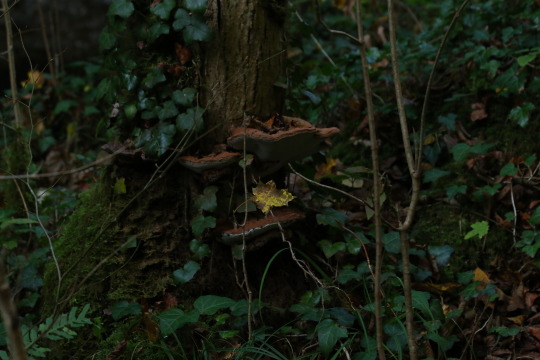
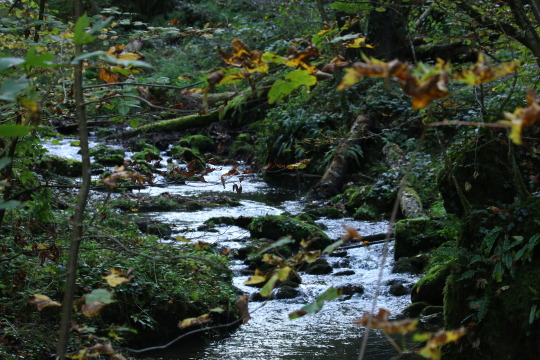
Chasing the moss somewhere in Switzerland by @90377
5K notes
·
View notes
Text
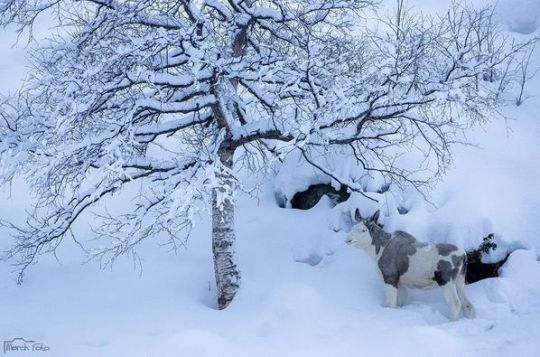
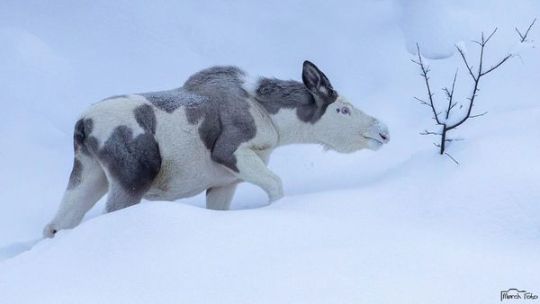
Moose (Alces alces), juvenile, piebald coloration, family Cervidae, eastern Norway
photographed by Thomas Morch
10K notes
·
View notes
Text
12K notes
·
View notes
Text
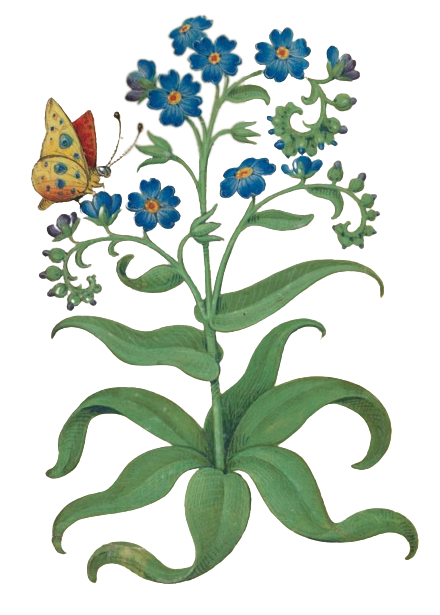
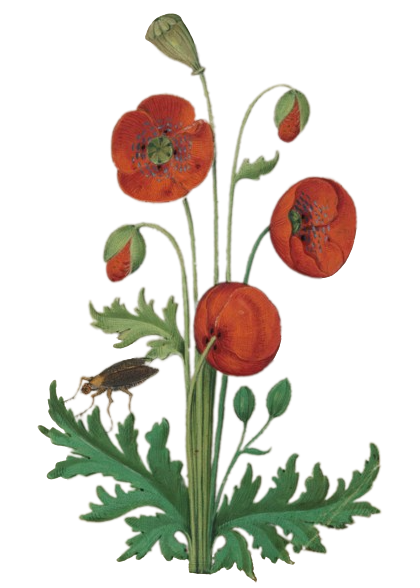

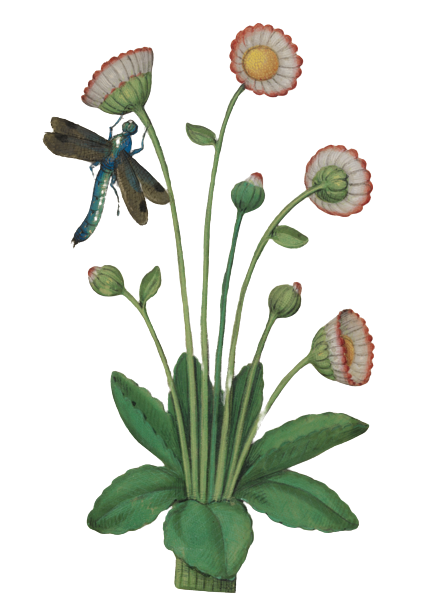
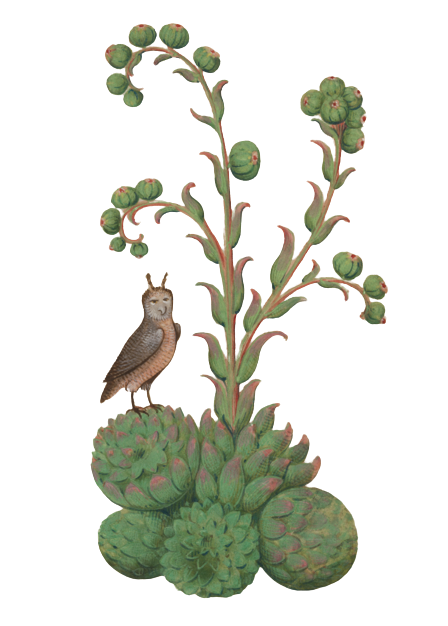
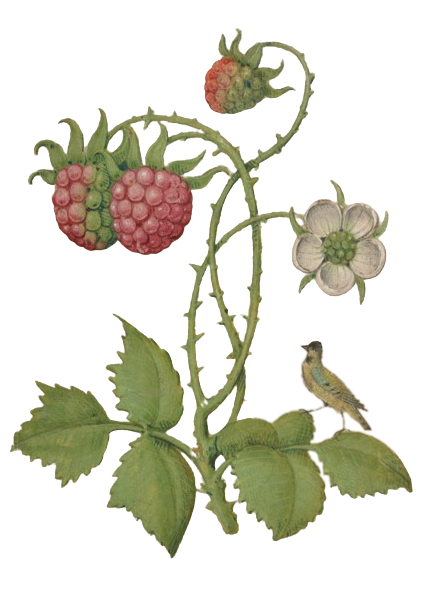
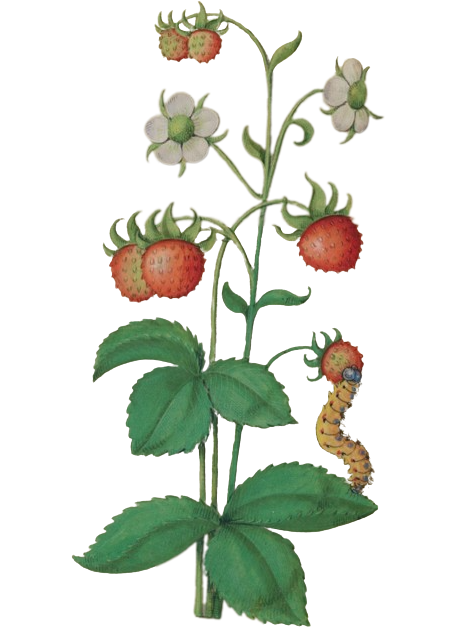

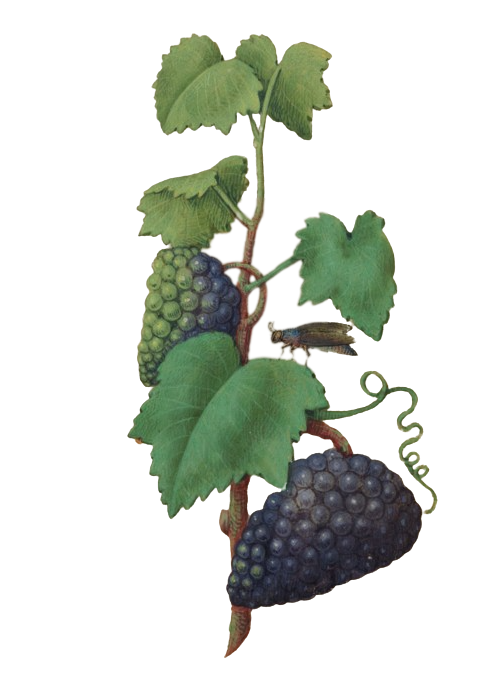
16th century flower illustration PNGs.
(source: Book of Flower Studies, ca. 1510–1515)
30K notes
·
View notes




